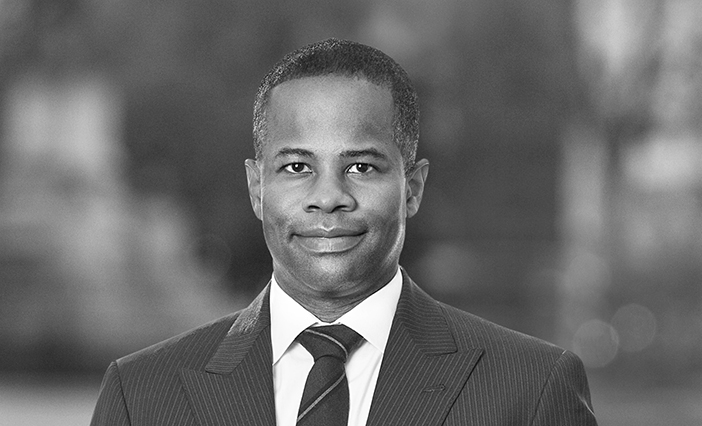
July 2021: Joseph Brazil is a Debt Finance partner in our New York office and our US Recruiting Partner. He joined the Firm as a summer associate in 1995. Now he looks back on his career and reflects on what he has learned along the way.
Stay close to the action
You can learn a lot from paying close attention to others, especially when you're starting out. Watch how people work, see what approaches are effective and learn first-hand how a deal gets done. As a junior, I applied myself 100 percent to learning as much as I could and I was motivated to always do my best. Observing others taught me a huge amount about how to be a great lawyer.
Once you know what to do, the job is both satisfying and enjoyable
Junior associates are on a huge learning curve. Then, a few years in, you know how to do the job; you have the skills and the experience. At that point, it becomes extremely fulfilling. In my early career, I usually worked on a lean team, so I had extensive partner and client contact, which was exhilarating. And there's nothing like the satisfaction of applying all your technical and legal acumen to coming up with a bespoke solution that really delivers what a client wants.
Get out of your comfort zone
The best deals, the biggest clients, the partner that you'll learn the most from—these may be best, but not the easiest options. Look for opportunities to grow, not to stay comfortable.
As a mid-level associate, I stepped in for a partner at the last minute to complete the final negotiations on a major credit agreement. Before we went in the room to hammer out the deal, I had a word with myself: "You've got this." In the end, it was a great success.
Mentorship is a two-way street
My own early career mentors helped me develop my technical and core legal skills, such as drafting. Mastering these made me a better lawyer, but also a more useful and valuable part of their team. When I mentor associates now, I'm conscious that we both benefit from the relationship.
Don't hide behind technology
One of the biggest changes since I started my career is how technology and tools have changed the way that lawyers work, and this has brought many benefits, especially when we're working remotely.
But there's a big difference between shooting off an email with questions for your partner at 11:00 p.m. versus having to call them at home at that time, as my peers and I had to do when we were starting out. When you know you're going to wake the house up with your call, you try harder to find solutions before picking up the phone.





